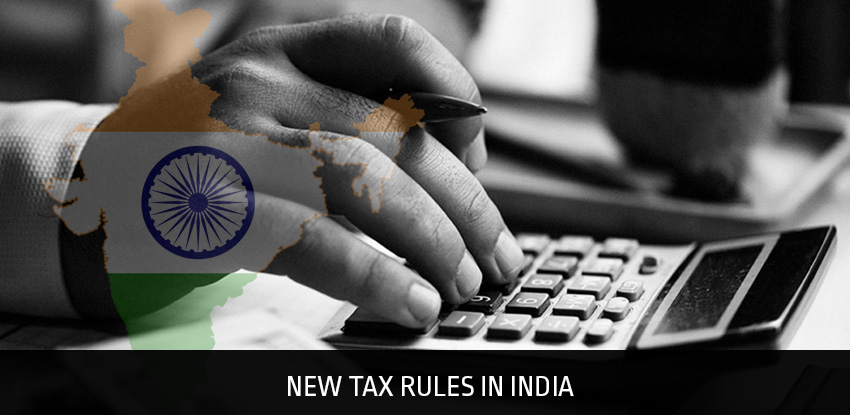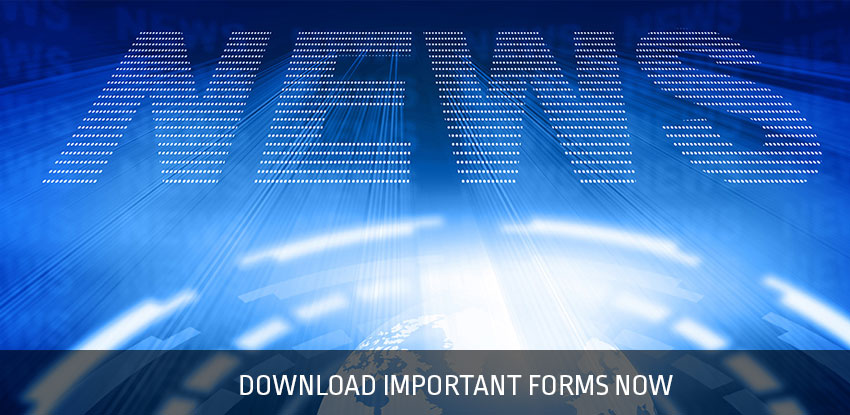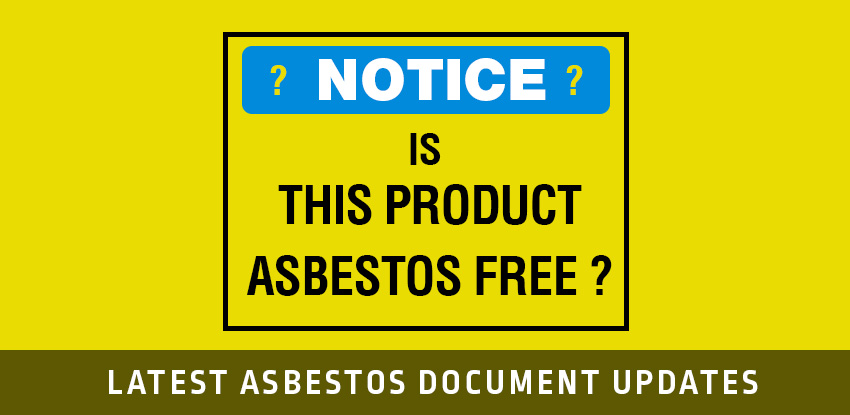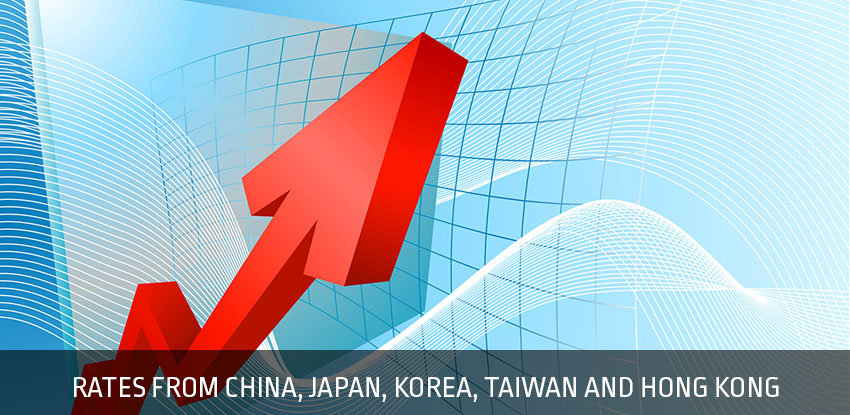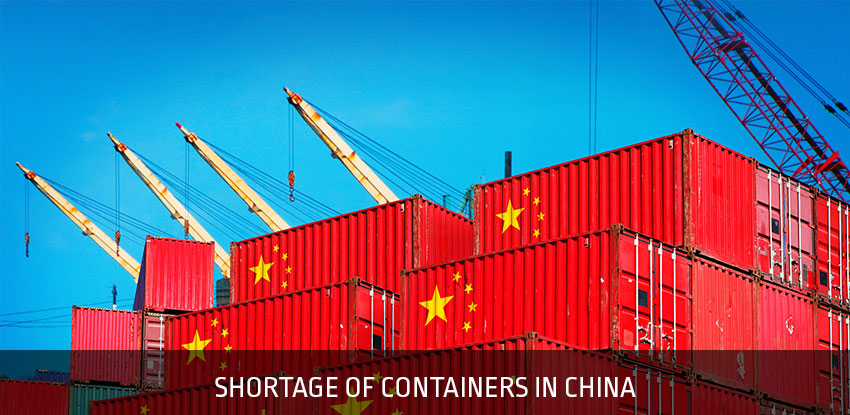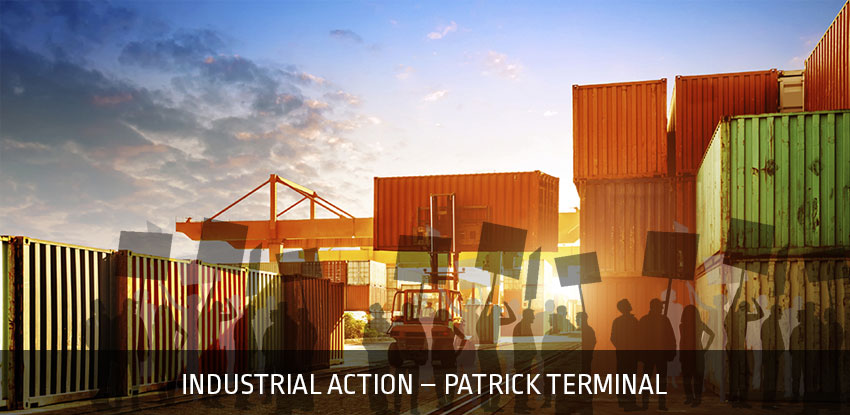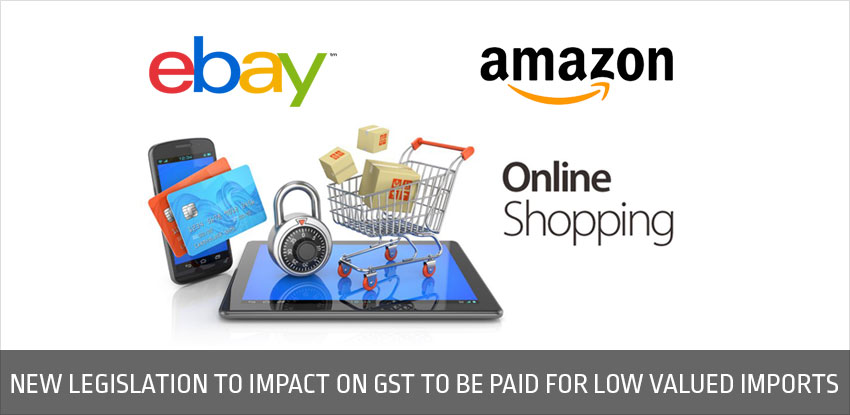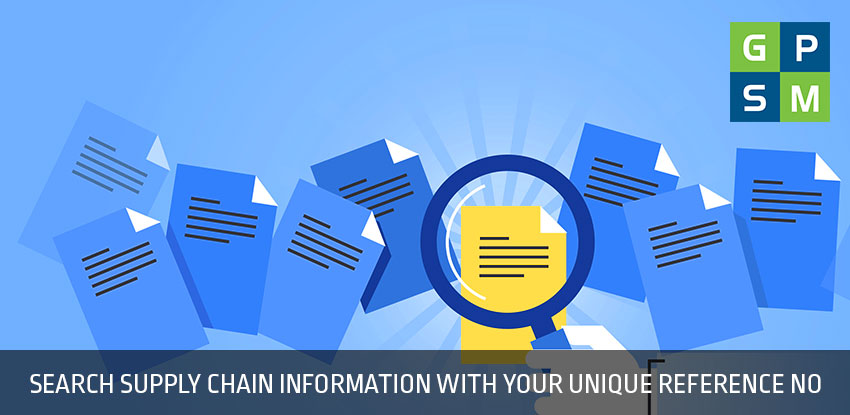Our Indian partners have advised us of the following information on a new GST to apply to all services in India from 1st July 2017.
The Government of India is planning to implement GST to all services in India with effect from 1st of July 2017.
Goods and Services Tax (GST) is one indirect uniform tax throughout India to replace indirect taxes levied by the central and state governments, thereby making India one unified common market.
Though GST is a tax reform, it is going to impact every sphere of business activity and replaces multiple taxes such as Central Excise Duty, Service Tax, Commercial Tax, Value Added Tax (VAT), Central Sales Tax (CST), Octroi etc. levied by the Central and state governments. It is essentially a tax only on value addition at each stage of the supply chain hence no cascading effect
Under present indirect tax regime, freight charges on exports are considered exports of services and are exempted from the applicable Service Tax.
However, export freight is subject to 18% GST under the newly introduced GST rules. Due to this the freight forwarding industry has lobbied with the Indian government to obtain exemption of export freight services in new GST tax regime as well. So far the government has not indicated that export related costs and freight charges will be exempted but the trade representatives with the help of the subject government ministry advisers are continuing to negotiate to obtain the exemption.
Therefore, as the government has not issued a communique at this time, exempting freight charges, all freight charges (that are prepaid in India) will be subject to GST of 18 % wef 01st July 2017. For sea freight shipments routed from Australian clients via GPSM on freight collect basis, there will be no change to ocean freight arrangements as the freight is paid by GPSM to the line in Australia.
For airfreight shipments, there will be tax payable as all airfreight costs are paid to the airline in India to avoid the incredibly high Currency Adjustment Factor billed by airlines in Australia when cargo arrives on a “collect” basis.
Such increase will apply to entire shipping fraternity without any exemption

